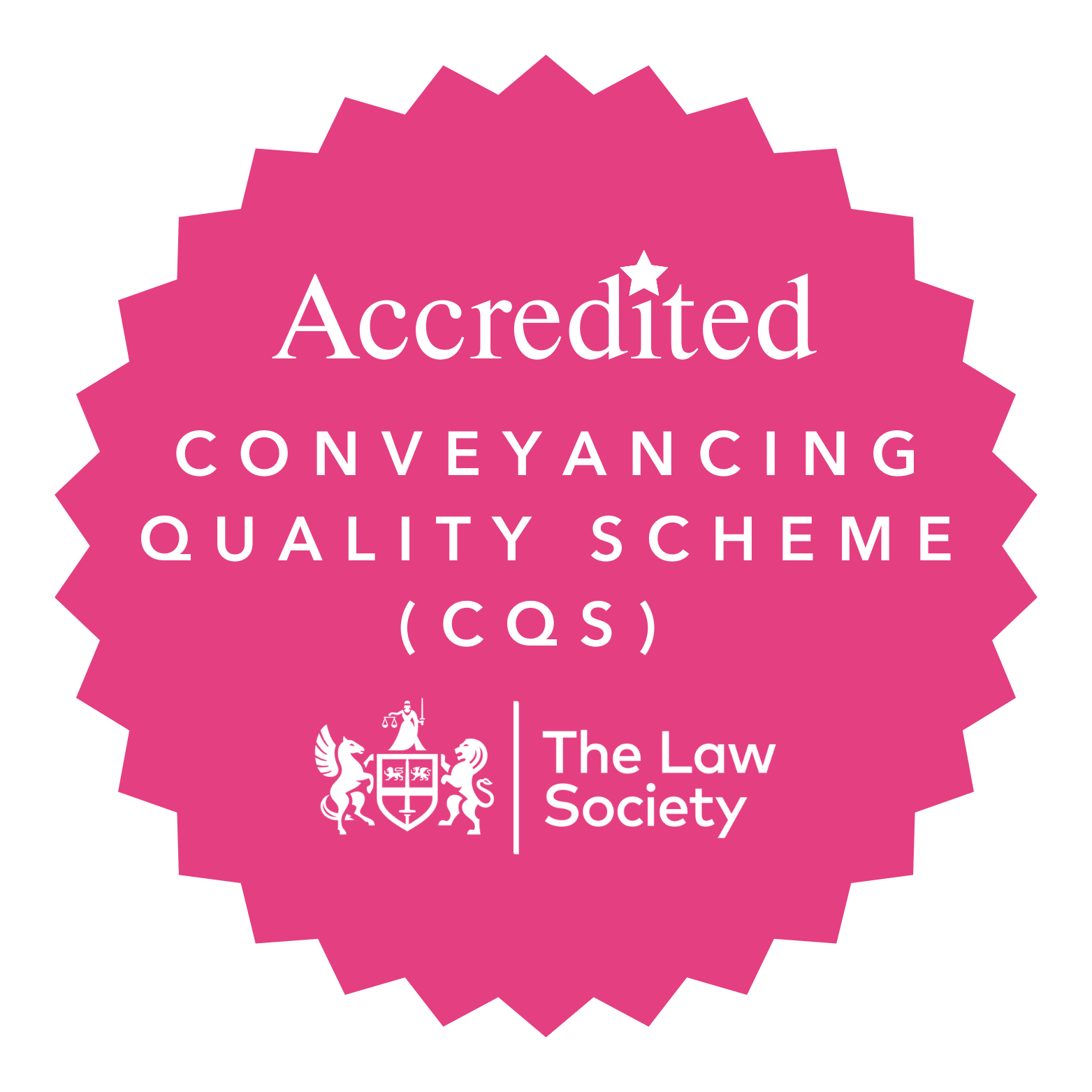- Milton Keynes 01908 660966
- Northampton 01604 828282
Are automated email signatures valid in forming a contract?
The answer it seems is: Yes.
In the case of Neocleous & Anor v Rees 2019 EWHC 2462 (Cn), the Court considered an automatically generated email footer and whether this constituted as a valid signature.
Emails were exchanged between the parties’ respective solicitors relating to the terms of settlement for a dispute about a right of way.
A solicitor’s name, occupation, role and contact details were automatically added in the footer to the bottom of an email. The Court held that the test of a valid signature is whether the name was applied with authenticating intent. This meant that objectively “the presence of the name indicates a clear intention to associate oneself with the email – to authenticate or sign it”.
The Court was satisfied that the solicitor had validly signed the relevant email, which meant that there was a contract.
The Law Commission’s recent Report on electronic execution of documents confirms that an electronic signature is capable in law of being used to execute a document (including a Deed) provided that:
- The person signing the document intends to authenticate the document; and
- Any formalities relating to the execution of that document are satisfied.
Email communication with an automated signature footing is sufficient to bind a party to a contract.
If you have any questions pertaining to the validity of a contract or indeed in relation to a contract dispute please contact our Dispute Resolution Team on 01604 828282 / 01908 660966 or email litigation@franklins-sols.co.uk.













